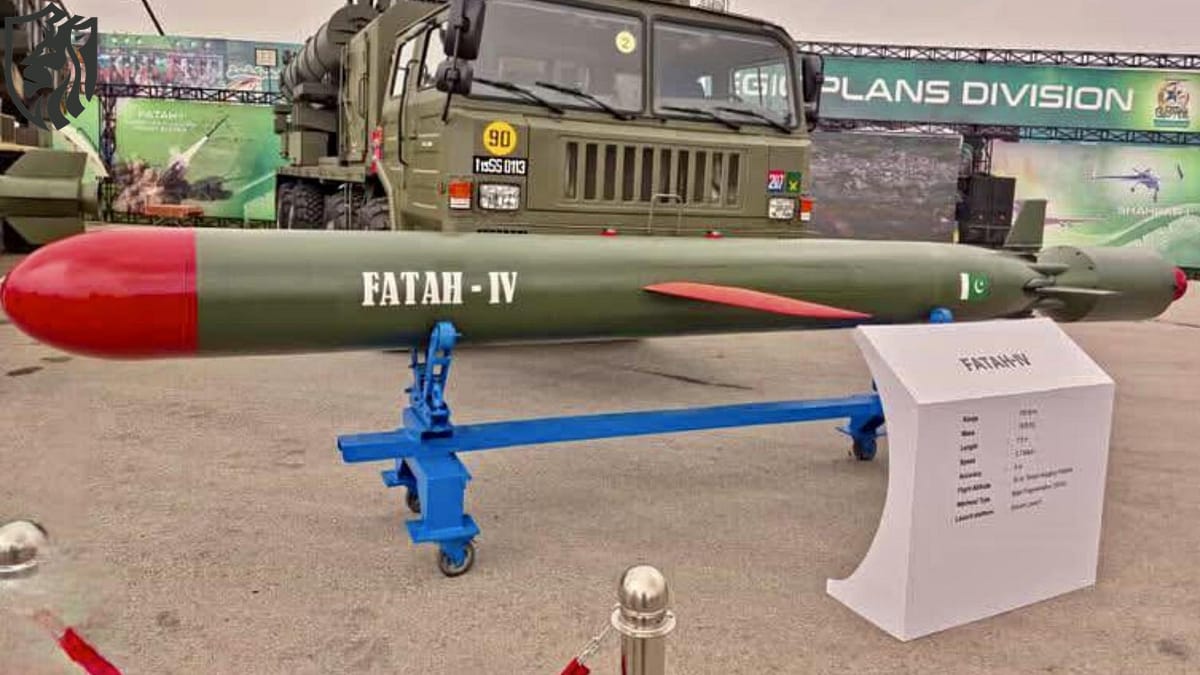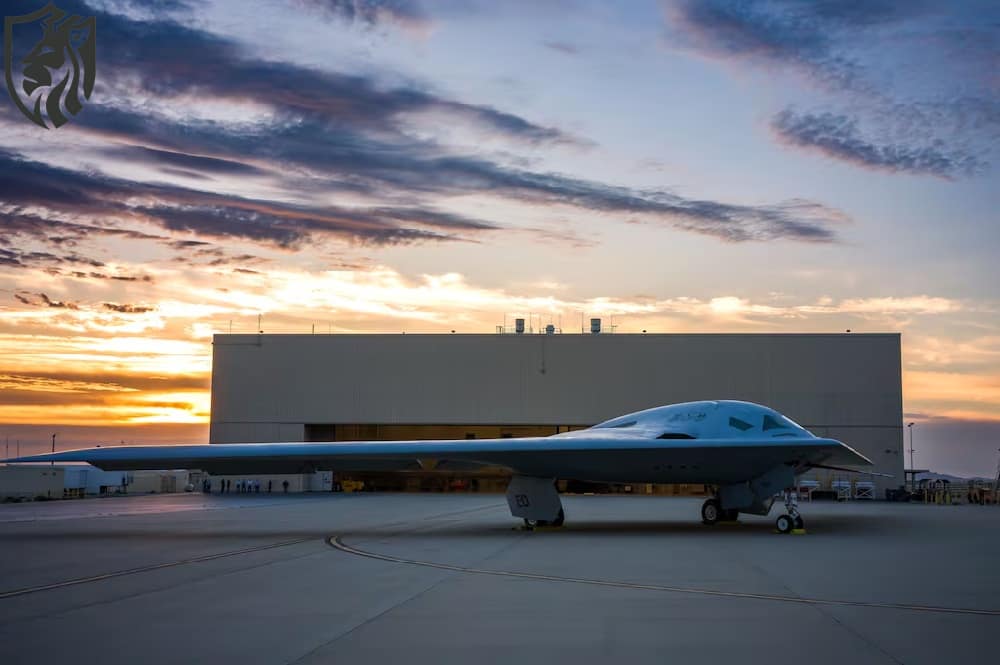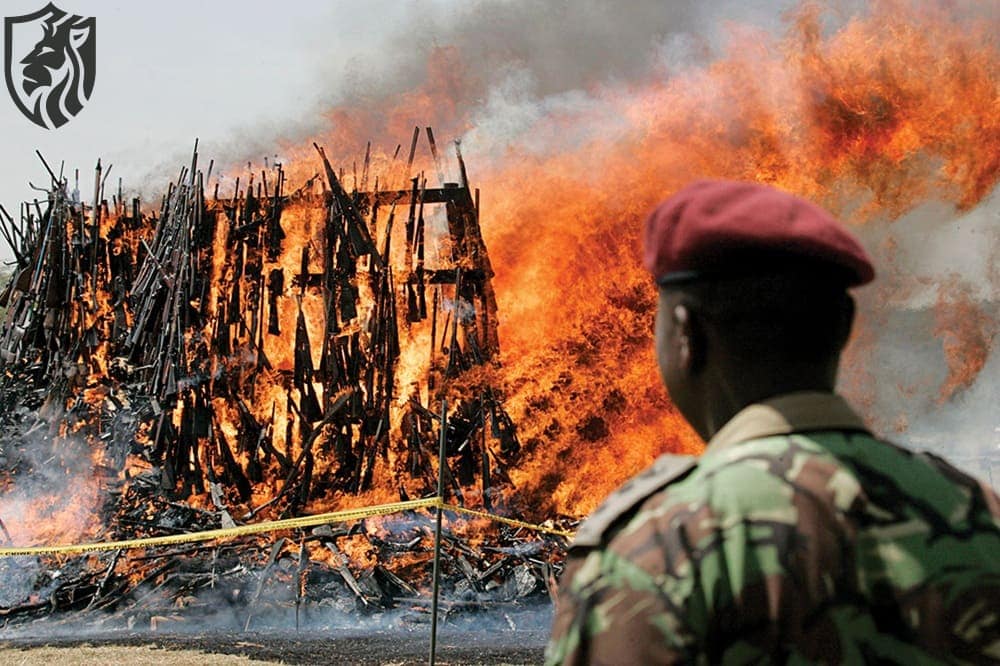
Fatah-4 Cruise Missile — Pakistan’s 750km Precision Edge
Why the Fatah-4 cruise missile matters
Pakistan’s successful training launch of the Fatah-4 cruise missile adds a long-range, precision strike option to its conventional toolkit. With a stated range of 750 km and a low-altitude, terrain-hugging flight, the system is designed to slip past air and missile defences and strike with high accuracy. Dawn+1
What the test tells us
ISPR framed the event as a training launch of a newly inducted system, highlighting advanced avionics and modern navigation aids. The messaging underscores improved reach, lethality, and survivability for conventional forces, not just headline range figures. Open-source reporting from AP and Dawn corroborates the capability claims and the 750 km envelope, while noting the test location remained undisclosed. AP +1

Fit within Army Rocket Force Command
The Fatah-4 cruise missile sits squarely within Pakistan’s new Army Rocket Force Command (ARFC), established to field long-range conventional strike assets under a dedicated command structure. Analysts view the ARFC as a bid to strengthen conventional deterrence while reducing nuclear-conventional entanglement—though perceptions in India will shape escalation dynamics.
Likely employment and targets
In doctrine, a ground-launched cruise missile of this class would threaten C2 nodes, airbases, logistics hubs, and SAM batteries deep in an opponent’s rear. Because the Fatah-4 cruise missile flies low and can be routed around radar coverage, it complicates defensive planning and forces adversaries to disperse assets, harden shelters, and dedicate more interceptors to point defence. Default
Technical notes (what’s public and what isn’t)
Public sources emphasise terrain-hugging profiles, modern guidance, and conventional payloads. The exact seeker type, TERCOM/DSMAC usage, datalinks, and EW resilience remain undisclosed; however, the capability set mirrors contemporary GLCMs optimised for standoff strikes against fixed or relocatable targets. Jane’s reporting confirms the missile as a land-attack surface-to-surface cruise missile newly inducted into service.

Regional implications
For India–Pakistan crisis stability, the Fatah-4 cruise missile presents a conventional, time-sensitive strike option that could compress decision cycles. Conversely, a clearer conventional missile command can help signal thresholds and reduce inadvertent escalation—if both sides read those signals similarly. Therefore, transparency about conventional roles and exercises under ARFC will matter as much as raw performance metrics. South Asian Voices
References
- Dawn — The Pakistan Army successfully conducts the training launch of Fatah-4 (30 Sep 2025). Dawn
- AP — Pakistan’s army says it successfully test-fires a long-range missile (30 Sep 2025). AP News
- Janes: Pakistan Army test launches a new Fatah-IV missile (October 1, 2025). Default
- Reuters reported that Pakistan plans to create a new force to supervise its missile operations (14 Aug 2025). Reuters










